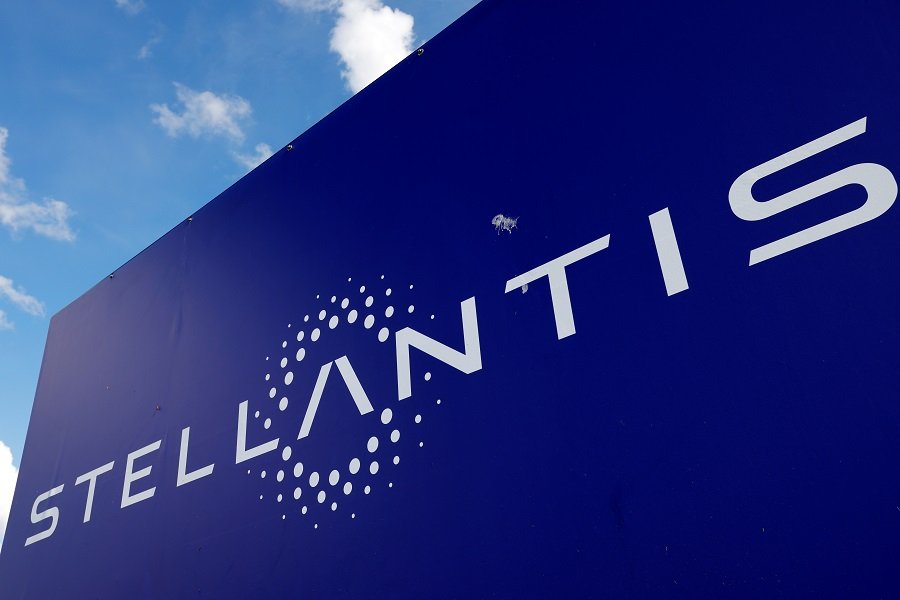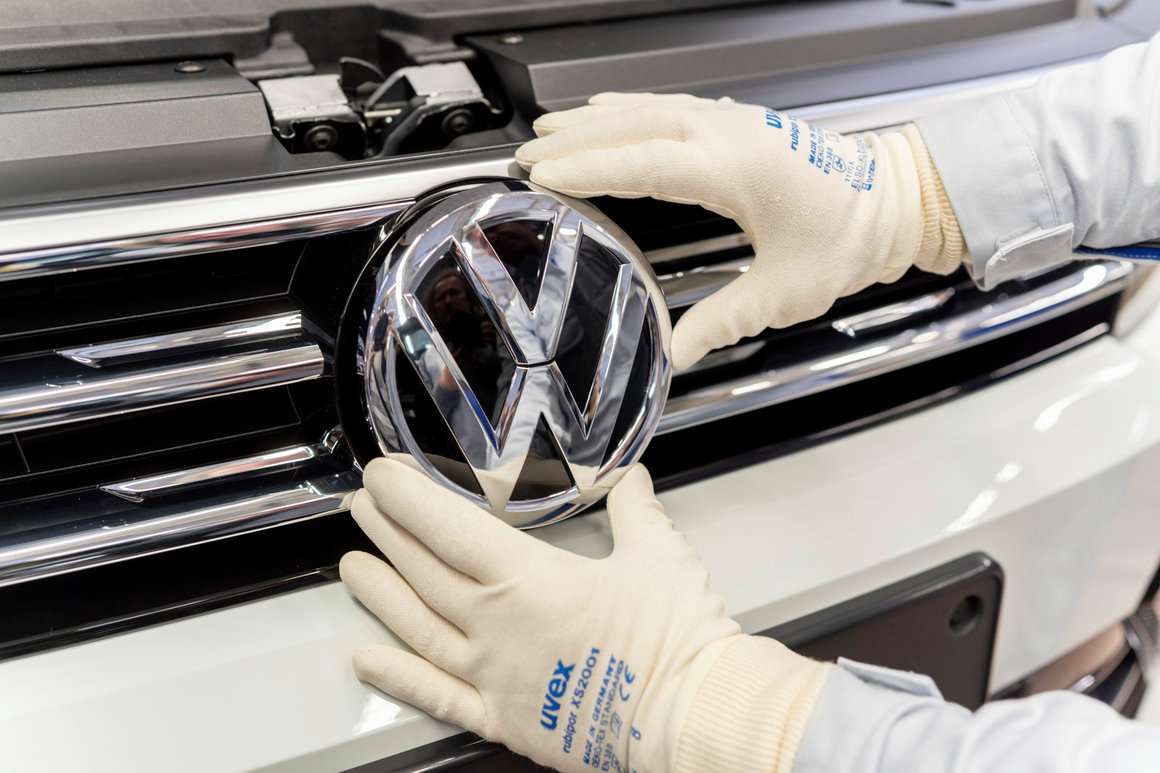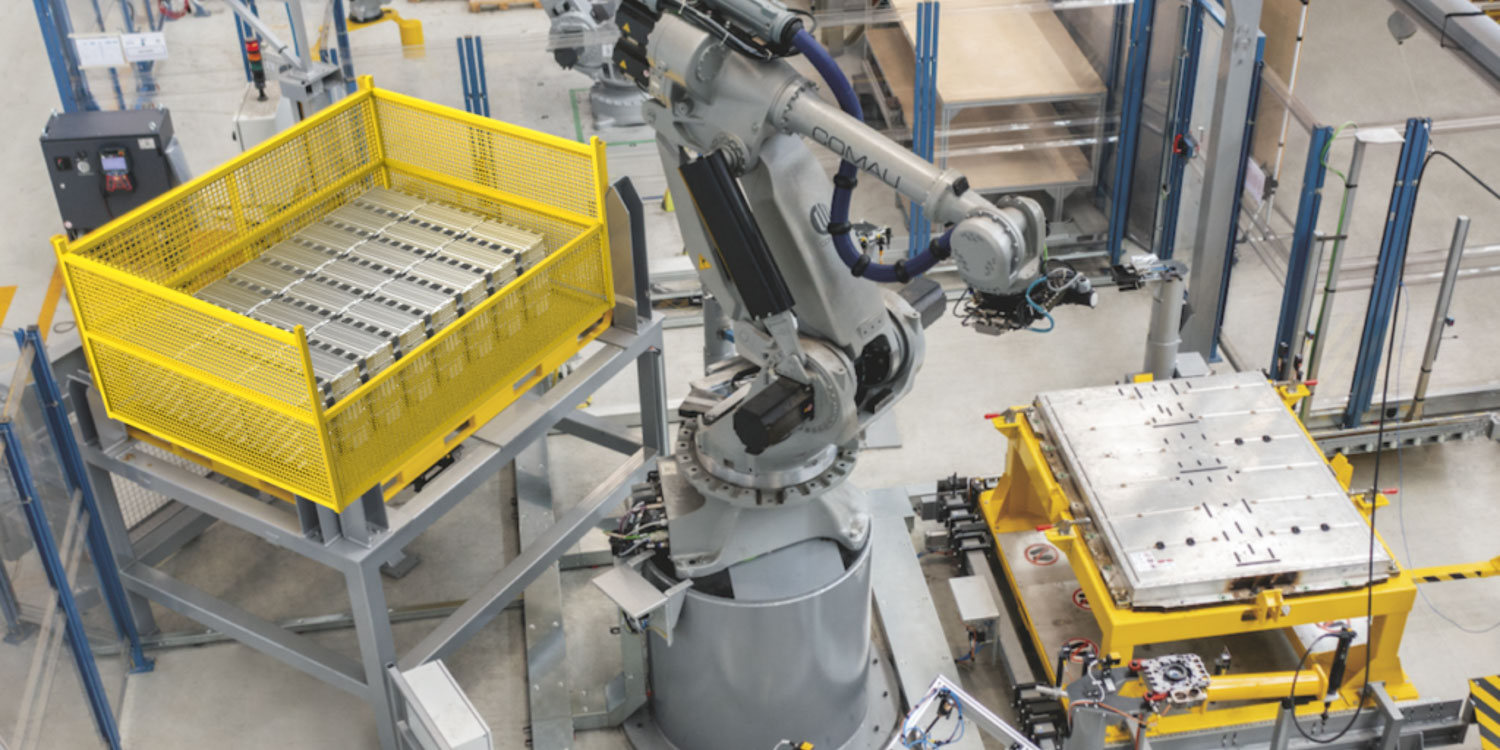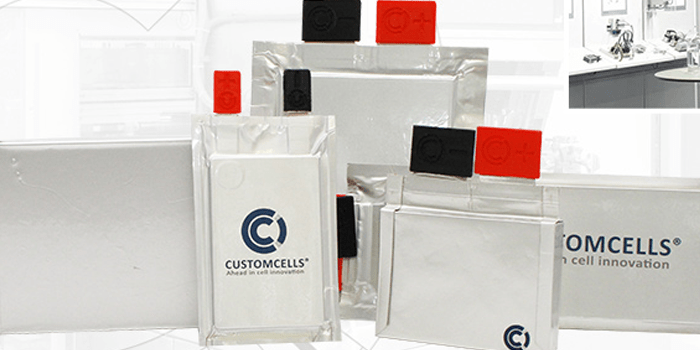In a strategic move to promote the development of cutting-edge applications for lithium-sulfur electric vehicle (EV) batteries, lightweight composites, and on-board sensing solutions, Stellantis has made an investment in Lyten, a promising startup based in the United States. Stellantis Ventures, the venture capital arm of the world’s third largest carmaker by sales, aims to leverage this partnership to streamline its supply chain and pursue greener technology for its battery-electric vehicles.
Unlike conventional lithium-ion batteries, Lyten’s lithium-sulfur batteries eliminate the need for nickel, cobalt, or manganese, resulting in an estimated 60% reduction in carbon footprint compared to current battery technologies, as stated in the joint announcement by the two companies. The distinct advantage of sourcing and producing raw materials for lithium-sulfur batteries locally in North America or Europe also contributes to enhancing regional supply sovereignty.
The technology developed by Lyten addresses the growing demand for lightweight and energy-dense batteries, which are not susceptible to disruptions in the supply chain. Moreover, by incorporating Lyten’s products, manufacturers can capitalize on policy incentives in the United States, such as those outlined in the Inflation Reduction Act, as well as European counterparts.
While specific financial details of the investment were not disclosed, Stellantis CEO Carlos Tavares expressed optimism regarding the potential impact of Lyten’s materials technology in reducing vehicle weight and further aiding the company’s commitment to lowering carbon emissions. Stellantis, comprising renowned brands like Peugeot, Fiat, Jeep, and Ram, has set a goal to achieve carbon neutrality by 2038. Additionally, the company aims to have 100% of its European passenger car sales and 50% of its U.S. passenger car and light-duty truck sales consist of battery EVs by 2030.
Oliver Gross, Stellantis’ senior fellow for energy storage and electrification, projected that Lyten’s batteries would be available for implementation “definitely within the second half of the decade.” This forward-thinking collaboration between Stellantis and Lyten signifies a significant step toward the advancement of sustainable transportation and the realization of a greener automotive future.







